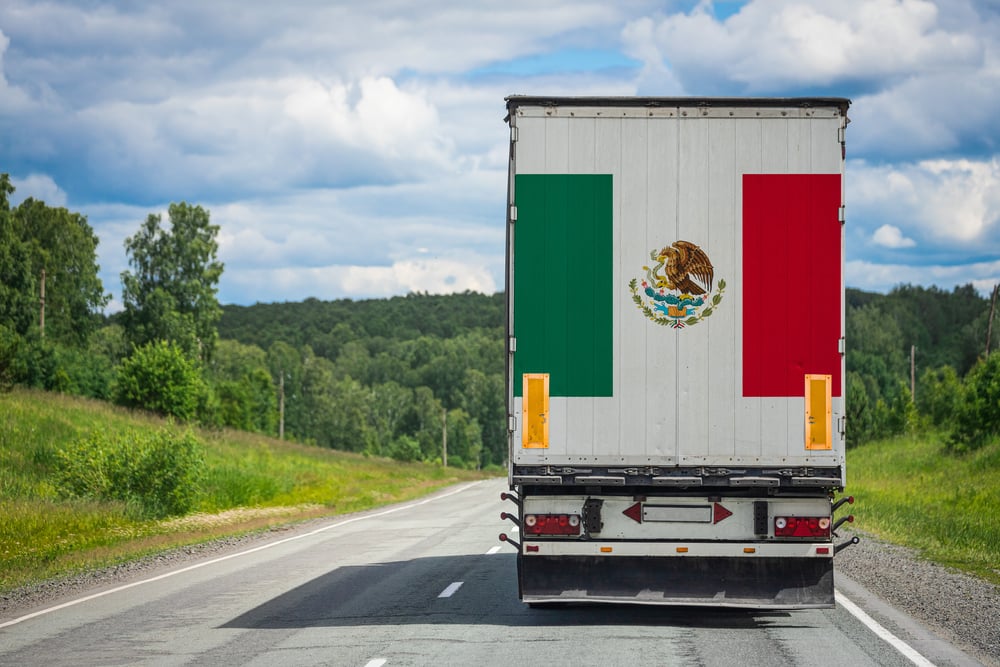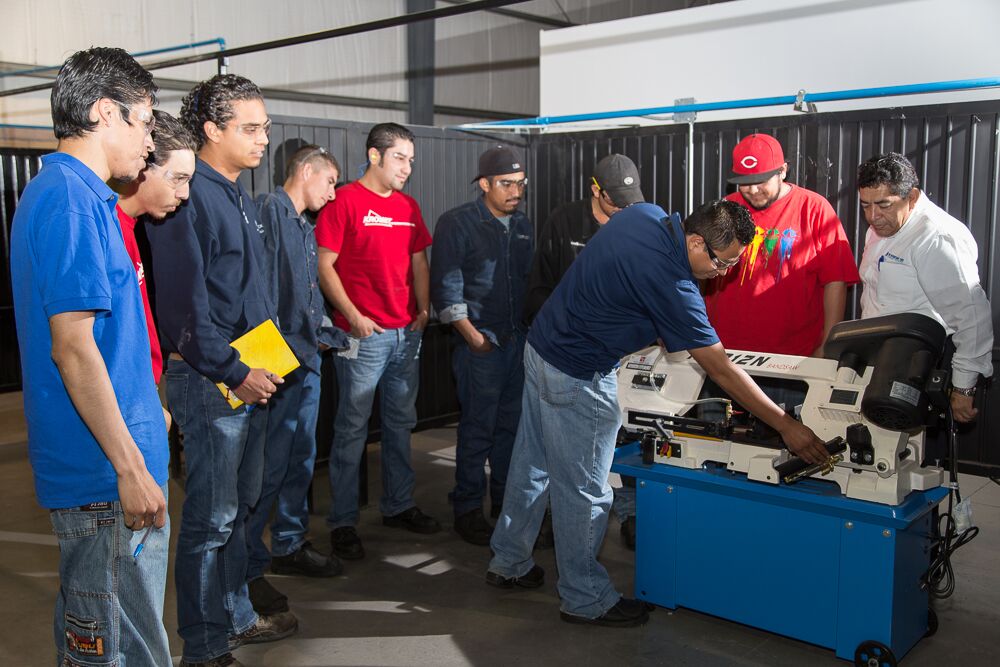Before companies manufacturing in Mexico can make the most of the country's comprehensive free trade agreements and begin to ship their products worldwide, there is a trade hurdle to clear: customs. Understanding import and export compliance and Mexican customs regulations is a critical piece of any logistics operation for manufacturers operating in Mexico.
Navigating the complexities of customs regulations is a crucial step for companies engaged in offshore production in Mexico. Understanding the import and export processes is paramount to leveraging the benefits of Mexico's comprehensive free trade agreements.
With offshore production in Mexico, meticulous attention to detail is necessary, starting from registering with the Official Register of Importers to preparing thorough import documentation. Partnering with experienced customs consultants or Mexico trade lawyers can streamline the transition to offshore operations, ensuring compliance with Mexican customs regulations.
By effectively managing trade logistics and working with knowledgeable partners like Tetakawi, companies can optimize their offshore production processes in Mexico and capitalize on the advantages offered by the country's strategic location and trade agreements.
Preparing documentation for Mexican customs
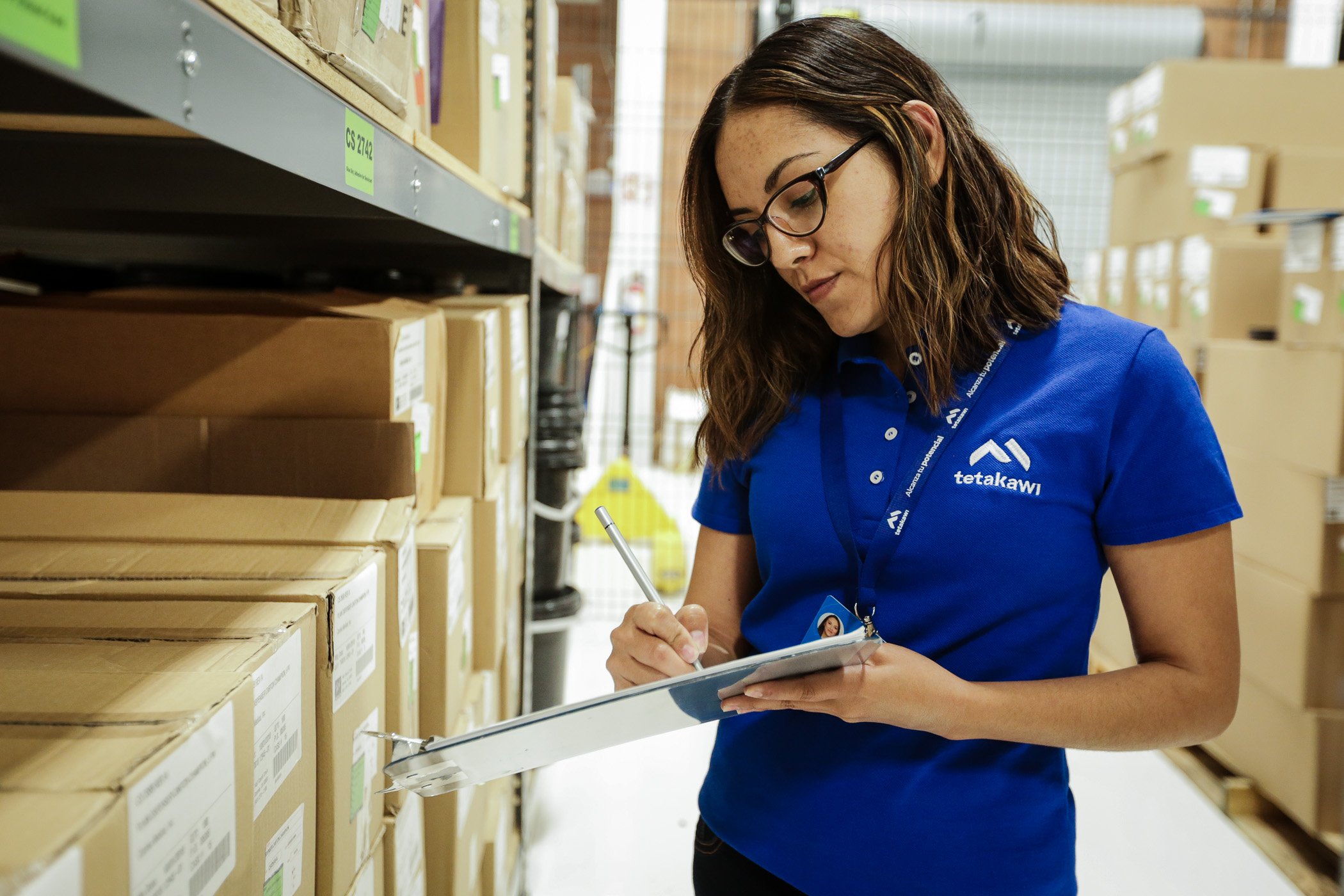
The import and export process in Mexico entails more than loading a truck of goods and paying a driver transportation fees. In fact, the trade process begins well before you're ready to ship or receive products. To start, all Mexican importers must register and be listed with the Official Register of Importers. To register your goods, you will need to submit the necessary information, documents, and comply with the gov registration requirements. This entry step is meant to prevent tax fraud.
The next step is to prepare import documentation. Mexico requires import and export documentation, including a completed customs declaration (or pedimento) for all commercial crossings. Along with that documentation, imports should come with a commercial invoice and a bill of lading. A bill of lading is a document issued by a carrier detailing a merchandise shipment and giving the title of that shipment to a specified party, helping to guarantee that exporters are paid, and importers receive their industry goods. Any documents with information that demonstrates compliance with Mexican product safety and performance regulations also should be included.
Importers that wish to claim preferential tariff treatment based on certification of origin under the new requirements laid out by the USMCA must ensure they present all required information on their invoice or accompanying documentation.
Managing trade logistics
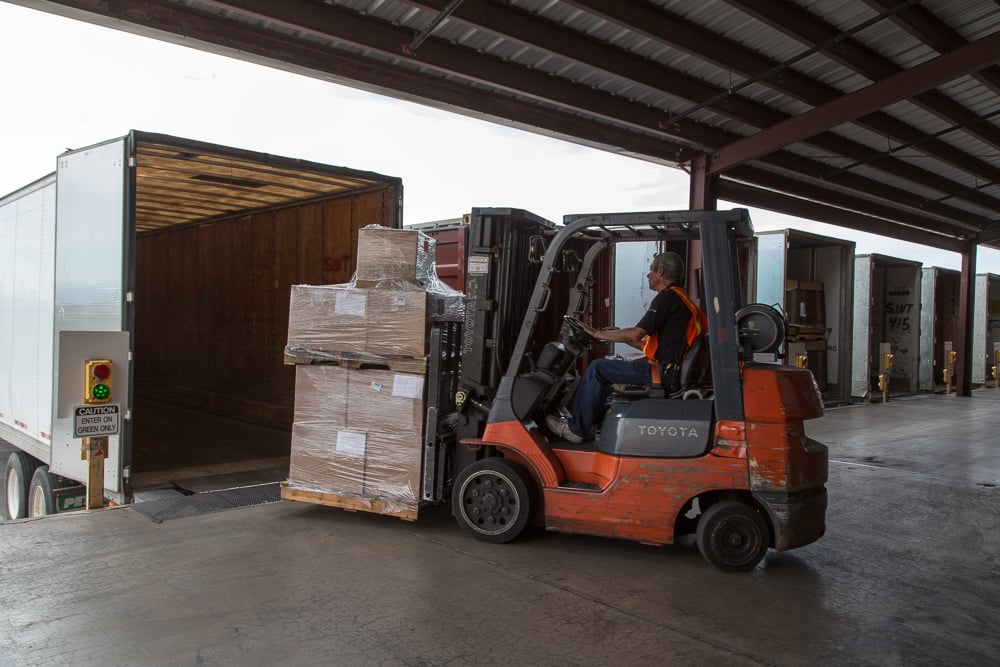
The logistics behind sending and receiving freight or container shipments carry their own challenges. For Tetakawi, the import process begins when it receives its clients' Mexico-bound shipments in its warehouses in Tucson, Arizona, and McCallen, Texas and the United States. When these goods arrive at the company's cross-dock facilities, an international trade team receives, offloads, and inspects goods, comparing them to the information and documentation provided by the industry supplier. Clearing the products before they arrive in Mexico will help the importing process run smoother. Any issues are immediately forwarded to the foreign manufacturing company that operates under Tetakawi's Shelter Program.
Once the shipment is cleared, the bill of lading is signed. Following the completion of this inspection, the import/export team processes the commercial invoice that will be presented to Customs officials in both the United States and Mexico.
Inspecting Imports and Exports
Mexican Customs officials will carefully inspect goods prior to clearing them through the Mexican border. For goods entering Mexico for the first time, this inspection of part numbers and quantities may be particularly extensive. However, a reliable customs consultant will know this and can help manufacturers easily plan for timing and navigate the entire process along with handling unexpected events in the custom process.
The risks of poor prep when you import or export Mexican products
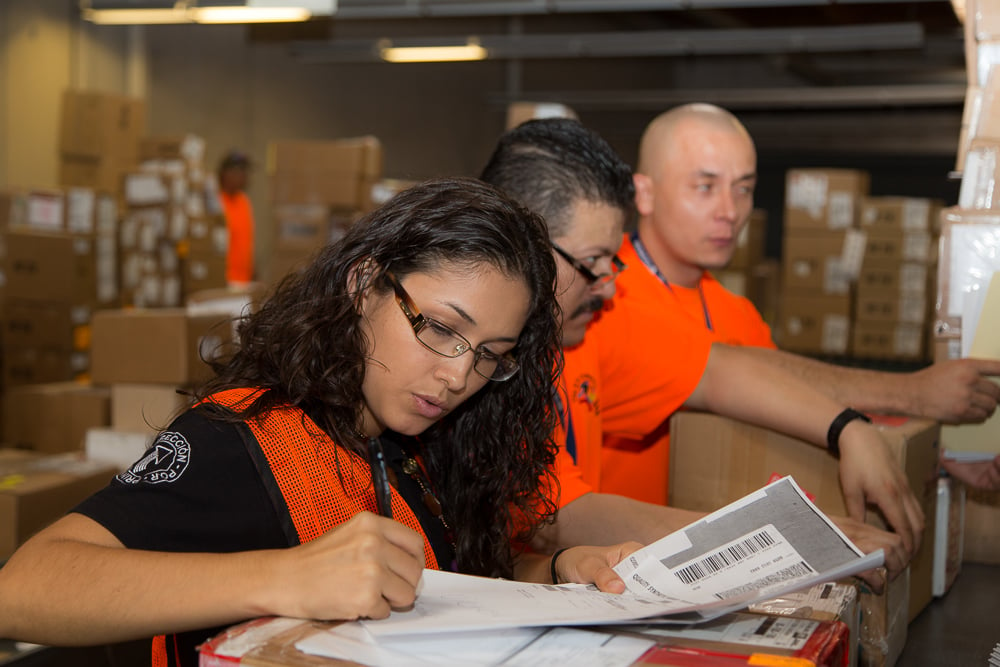
Although the import/export process is fairly straightforward, many manufacturers opt to work with a licensed Mexican customs broker or a consultant specializing in compliance issues. In the case of the former, these authorized individuals or agencies carry out the customs clearance on behalf of the importer or exporter and take responsibility for document accuracy and regulatory compliance. Working with experienced partner services can help manufacturers reduce the risk of costly problems or delays in moving commercial products through customs.
And there are risks that come from missing a step in the importing or exporting process. For example, information discrepancies can lead to significant shipment delays—and more. According to the U.S. International Trade Administration, Mexican customs law is strict regarding proper submission and preparation of customs documentation. Errors in paperwork can result in fines and even having products confiscated as contraband. An experienced expert in customs management and the country's regulations can significantly speed up the process and help reduce errors when you export or import products from Mexico.
For companies that have rapidly ramped up production and trade in Mexico, customs can quickly hit the brakes on getting products to market. Import and Export Services Providers like Tetakawi, however, are committed to speeding this process. Shipments received at our Tucson and Mcallen docks in the United States usually are deposited at their Mexican destination in fewer than 24 hours, a speed that can be attributed to skilled team members and application of the right technology.
Simplify your import or export shipping process
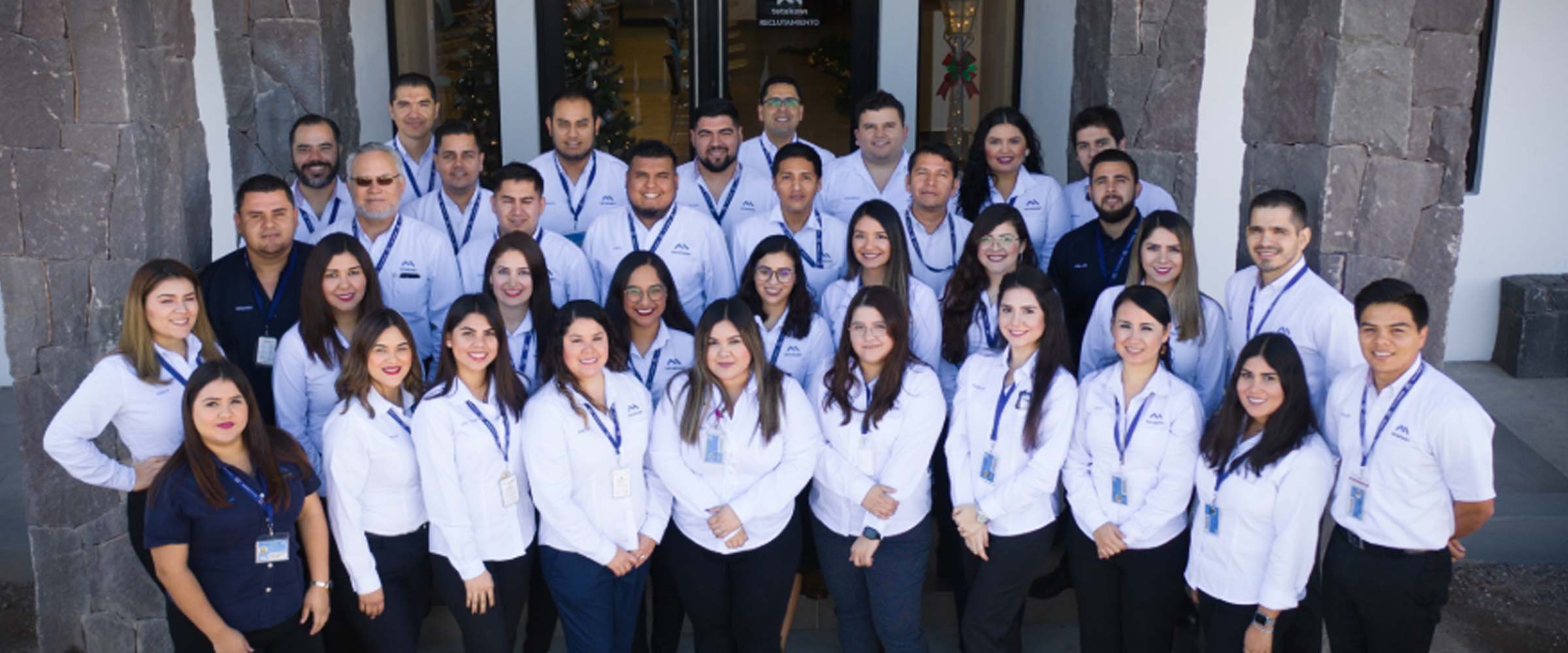
Manufacturing in Mexico offers tremendous benefits in trade logistics, including reduced time for goods to reach the United States and North American destinations compared to other low-cost manufacturing countries. So why spend all that time boosting your speed to market only to run into delays in shipping? If you believe that your time is money, then you'll understand why saving time at Customs can drive operational savings and be a worthwhile investment.
By working with an experienced Import & Export service provider like Tetakawi, you dramatically improve your chances of classifying goods correctly, complying with all Customs requirements, and using free trade agreements to their full advantage to make your entry into the country easier.
Tetakawi Customs experts manage more than $3 billion in cross-border trade each year. We provide ongoing support for 75 international companies trading with Mexico under multiple free trade agreements in a wide range of industries using every mode of transport and type of entry. To learn how we can help you develop an effective Customs strategy for your imports and exports, contact us today.
Subscribe
Sign up and stay informed with tips, updates, and best practices for manufacturing in Mexico.


